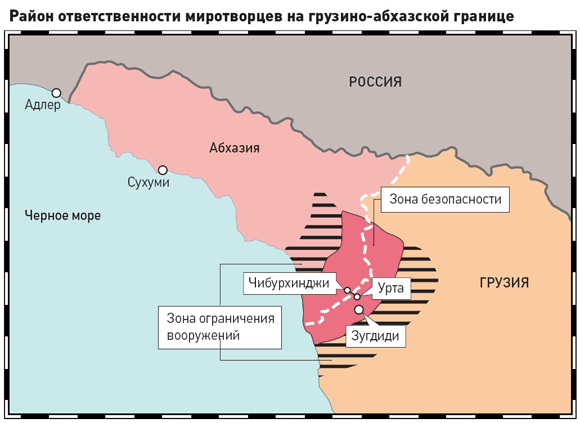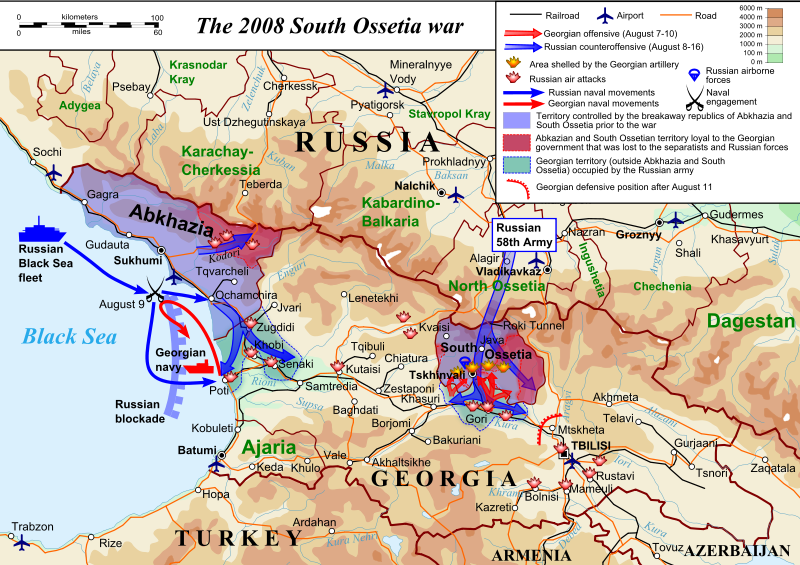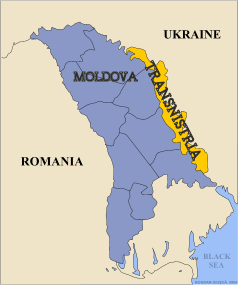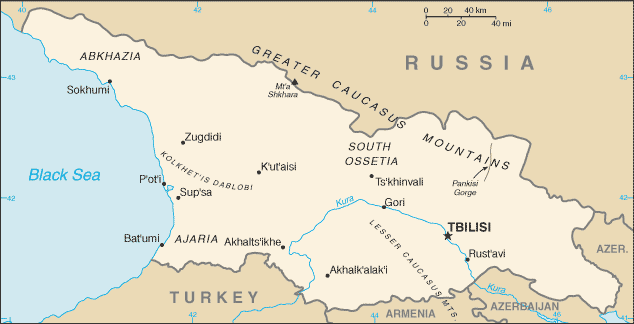
Causes and consequences of "frozen" conflicts - the case of Georgia
The text deals with the analysis of conflicts in the territory of Georgia, which are considered to be the so-called. " Frozen ", however, their destabilizing potential for Georgia and the South Caucasus region is still considerable. This was most doubted by the conflict between Russia and Georgia in 2008.




